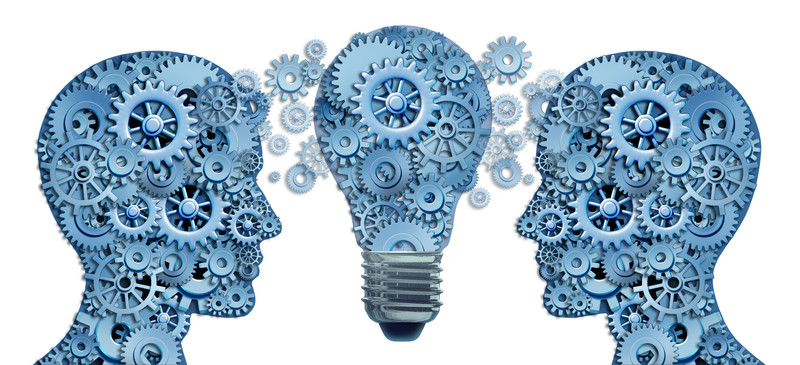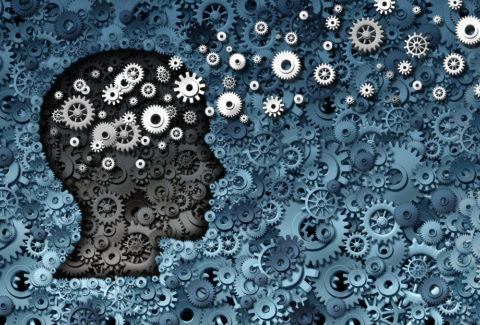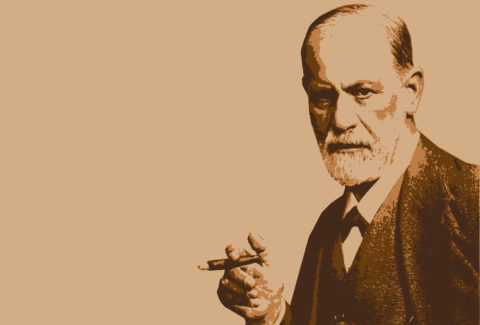The 2 Types of Interventions

The 2 Types of Interventions
“Why have I spent so much time doing all this and for such a long time, and it doesn’t even address my blocks? What is this all about?” Frustrated, Marlene asked this question of Rajvee, her therapist, after she had explained to her why she has not been getting the expected results from treatment.
“You’ve been at this a long time, and you’ve done so much, and yes, it has not been addressing the blocks, and you are not getting the results that you have wanted from treatment.” Validated Rajvee. “In fact,” continued Rajvee, “it’s not even what you know as much as it is how you know it; and it is not even what you do as much as it is how you do it. In other words, it is more about knowing things and doing things a certain way.”
What is that certain way of knowing and doing things, that Rajvee is alluding to? Below is a summary of what Rajvee is referring to:
Science has gone a long way in understanding the brain, the mind, how it works, its mechanism, and how it contributes to who we are today. There is a lot of things that several scholars had suspected, but we had to wait for more scientific discovery, and technology to be able to truly understand them, learn how they work, and know how to apply them to as many people as possible. Science is not a crystal ball. It operates on a trial-and-error[1] basis. A scientist has a hypothesis and expects it to either be true or false. If it is found to be true, she expects it to be either confirmed with further data or contradicted and even rejected. This is why the saying in Science is, “The biggest truths of today are the biggest lies of tomorrow.”
What are we to do? What’s the solution? Are we to be at the mercy of Science, continuing on a trial-and-error basis, when there is so much suffering, so much misery, and so much wasted potential? Fortunately, the answer is No. This is because there are two types of interventions for the mind; and regardless of what the modalities may be, they lie under these two broad categories. They are either Conscious-based or Unconscious-based interventions.
Our Conscious-based interventions provide us with an indirect access to the unconscious mind[2], where 97% of all our mental processes take place; whereas, our Unconscious-based interventions provide us a direct access to our unconscious mind[3]. This means with our Conscious-based interventions, just like with our Scientific Method[4], a lot or trial and error is required; whereas, our Unconscious-based interventions, being direct, necessitate less of a trial-and-error process; promise a more straightforward and sure result, provide more stability, less relapse, and ensure a faster result with much less effort.
SWEET’s New Psychotherapy Certificate Course emphasizes the Unconscious-based interventions. As a clinician, you’ll have the opportunity to:
- Become familiar with them
- Learn them
- Master them
- Help your clients implement them
- Help your clients master them
Can you imagine unlocking the key to help your clients know and do a certain way that provides them with the results they want? Can you imagine giving your clients the opportunity to get direct access to their unconscious mind, bypassing their conscious mind?
Stop imagining, make it real now. Join us today for our New Psychotherapy Certificate Course. Click HERE to enroll.
[1] Redish, A. David. “Vicarious trial and error.” Nature Reviews Neuroscience 17.3 (2016): 147-159.
[2] Searle, John R. “Consciousness, unconsciousness, and intentionality.” Philosophical topics 17.1 (1989): 193-209.
[3] Robbins, Philip. “Consciousness and the social mind.” Cognitive Systems Research 9.1-2 (2008): 15-23.
[4] Gauch Jr, Hugh G., Hugh G. Gauch Jr, and Hugh G. Gauch. Scientific method in practice. Cambridge University Press, 2003.








